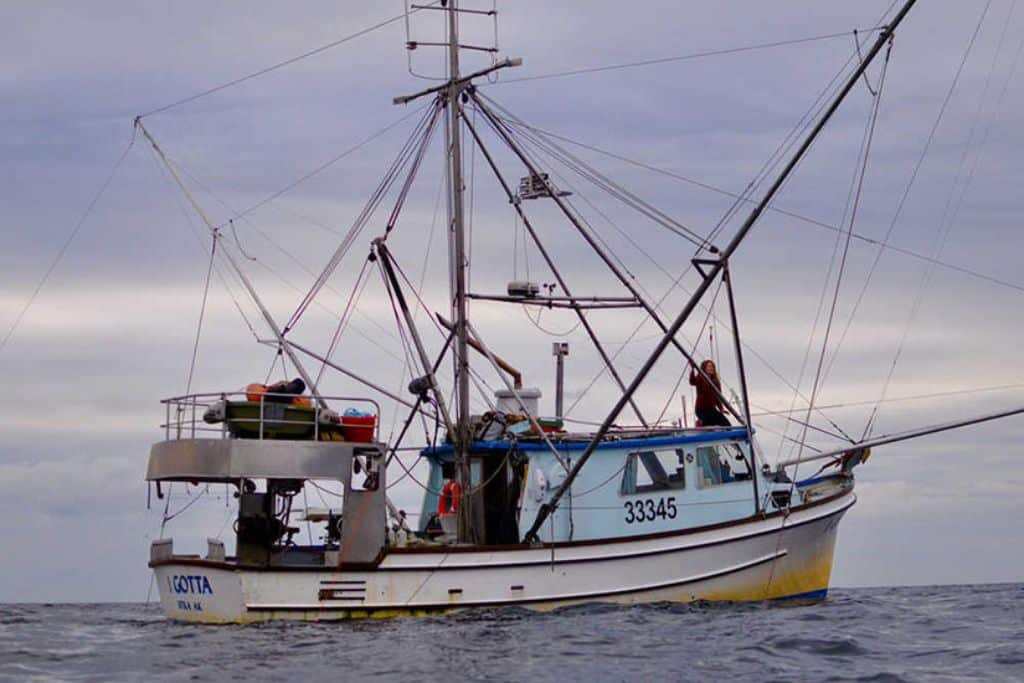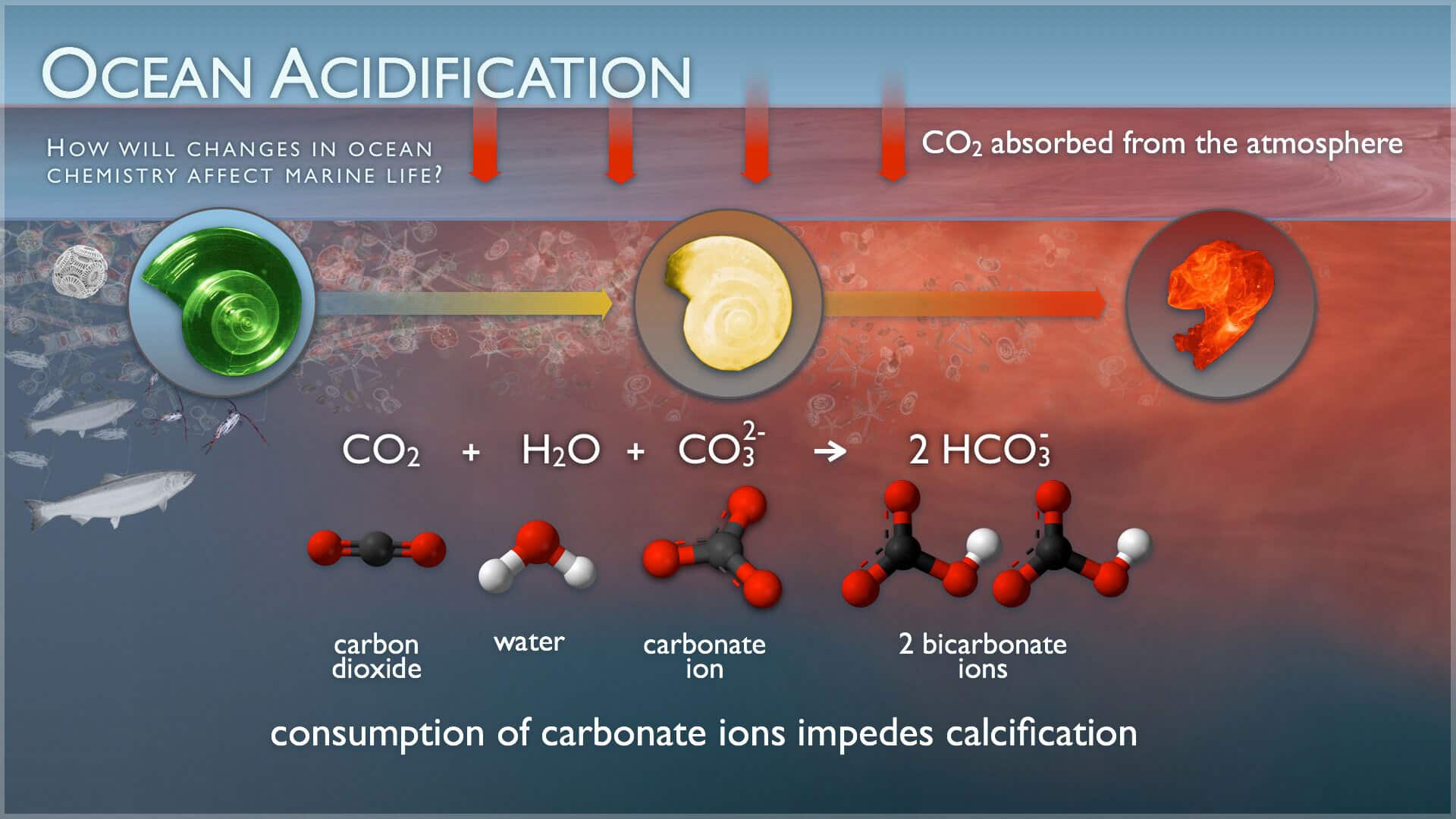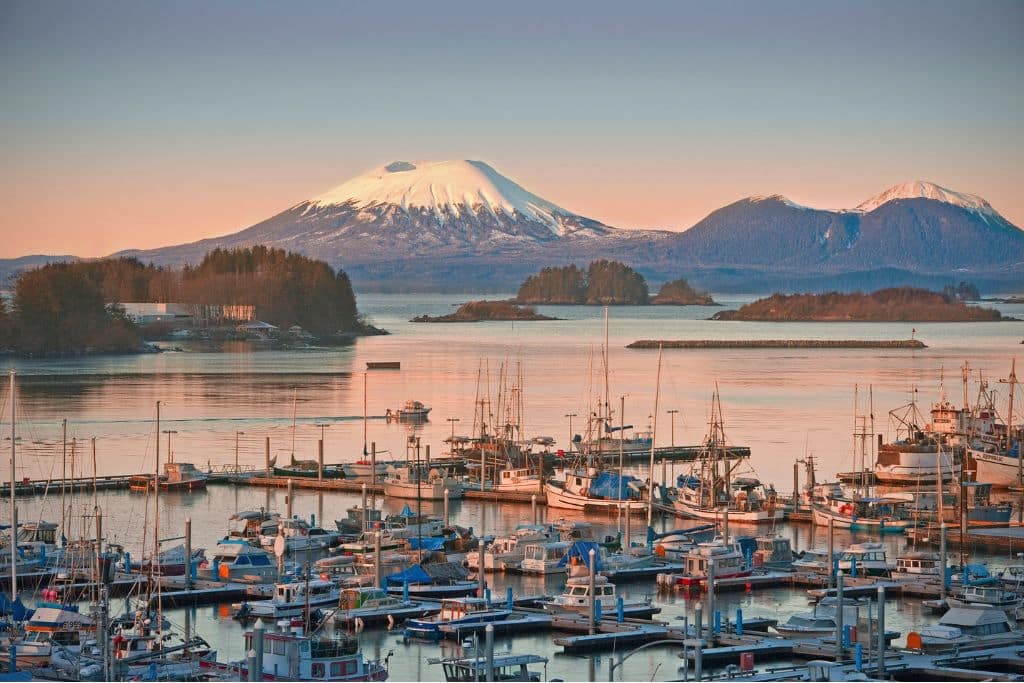The Alaska Longline Fishermen’s Association (ALFA) has been on a multi-year journey that saw the group partnering with the US Department of Energy’s (DOE) Energy Transitions Initiative Partnership Project and researchers from the National Renewable Energy Laboratory (NREL) and Sandia National Laboratories. The goal? Reducing the environmental impact of commercial fishing. The answer? Hybrid fishing boats.
—
Hidden in the pristine rainforests between Alaska’s Glacier Bay National Park and Tongass National Forest is Sitka, an island community proud of its culture and relationship with nature. Brown bears and eagles roam the forest floors and mountain peaks while salmon patrol the seas. Sitka, in fact, is home to all five species of Pacific salmon, so it is no surprise that fishing is embedded in the culture. This spring, a much-maligned commercial fishing industry will take some pivotal steps toward working with the delicate ecosystem it relies upon.
A typical fishing trip requires boats to power through miles of ocean, troll a wide area while looking for their catch, and, of course, return home safely. Diesel engines would drive a vessel for years on end to make this trip a possibility, at least until now.
Hybrid Fishing Boats
I Gotta, a 46-foot salmon troller and subject of the experiment, will be one of the first of its kind when its low-emission system goes into operation next spring. Researchers specialising in commercial vehicle decarbonisation were able to strike the right balance between cutting fuel costs and emissions and maintaining the boat’s speed and range. Using historical data of the entire ALFA fleet, solutions ranging from future fuels like hydrogen and ammonia to fully electric propulsion systems were considered for retrofitting the salmon troller.
“Once we looked at the data, built the models, and ran the analysis it became clear that a plug-in hybrid model was the right path forward for this boat,” said Michael Lammert, a researcher at NREL.

I Gotta, one of the first low-emissions fishing vessels in Alaska. Photo: Eric Jordan.
Using a hybrid battery-diesel design, I Gotta will be able to travel at full speed, then cut the diesel engine and switch to a battery-electric motor while fishing, resulting in a reduction in fuel use of about 80%.
“Our fishermen are really eager to reduce their greenhouse gas emissions and their fuel costs” said Linda Behnken, Executive Director of ALFA. Not only will the new troller have a hybrid system powering it but that system will also be charged with electricity from Sitka’s hydroelectric dams. A 100% renewable energy source, further decreasing greenhouse gas emissions.
“We care about our legacy to the next generation of fishermen and people who live in these coastal communities. This isn’t just a way to earn a living – it’s a way of life. And this is our way to honour our deep commitment to the ocean” said Behnken.
The ocean they have such respect for has changed quite a bit since the Industrial Revolution. One of the most impactful changes is the pH level falling from 8.2 to 8.1. That small change in number represents a 30% increase in acidity. This is in large part because oceans act as the world’s largest carbon sink absorbing about 30% of all carbon dioxide (CO2) released into the atmosphere. A more acidic ocean can cause integral species of marine ecosystems, like oysters and corals, to suffer. When CO2 is absorbed by seawater, it creates an environment that consumes the very ingredients needed to form shells and skeletons, even leading to some beginning to dissolve.

A pteropod shell shown dissolving overtime in seawater with a lower pH. Image: NOAA.
More about the topic: What is Ocean Acidification?
It has taken a long time for the fishing industry to deploy low-emissions vehicles, even when high fuel costs can eat up to 30% of a boat’s revenue, according to Behken.
Small commercial boats have been deterred from testing new technologies by the risk of a less-than-stellar fishing season due to a compromised vessel. That’s why ALFA sought the DOE programme along with the additional grants. Removing this barrier was all it took to get these fishing boats on board with being early adopters of cutting-edge propulsion systems.
ALFA is also planning significant outreach and training to ensure Sitka community members have the opportunity to benefit from the project’s efforts. Starting with the retrofitting of I Gotta, local boat builders will handle all installation for new hybrid or electric systems. Renewed funding will also allow research to continue by testing three different propulsion systems based on various ways fishing boats travel. I Gotta may be the pioneering boat, but the group has aims to enlist its entire fleet of over 160 small-boat commercial fishers committed to sustaining salmon fishing for future generations.
“Our goal is to inspire decarbonisation across more fleets…we hope to set an example by walking the walk and showing how it can be done.”
Featured image: Forest Service Alaska Region, USDA/Flickr
You might also like: Navigating Towards Sustainability: Wind-Powered Cargo Ships and the Future of the Shipping Industry


















